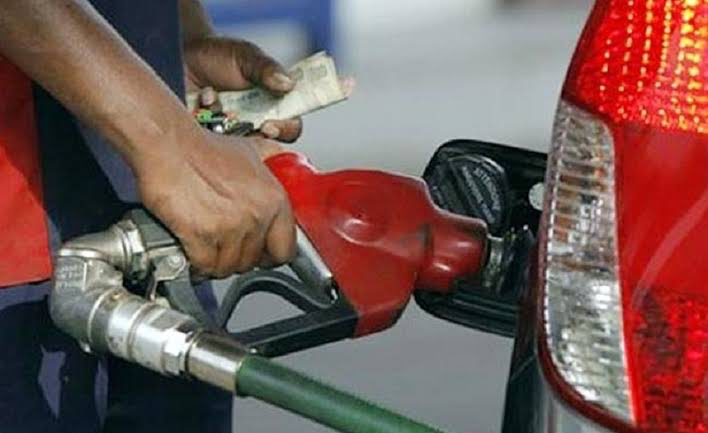KEY POINTS
- Petrol averaged ₦1,024.99 per litre in July 2025, down 1.22% from June.
- Prices remain 33% higher year-on-year, with Jigawa recording the steepest rates.
- Inflation slowed to 21.88%, its sharpest yearly drop in more than a decade.
In July, Nigeria’s petrol prices slightly decreased, providing little respite to consumers from months of high energy prices that still have a significant impact on household budgets and business operations in the continent’s largest economy.
According to the National Bureau of Statistics (NBS), the average retail price of petrol dropped 1.22% from ₦1,037.66 per litre in June to ₦1,024.99 per litre in July 2025. However, compared to ₦770.54 in July 2024, that amount represents a 33% increase year over year.
Fuel prices continue to be a contentious issue in Nigeria, where consumers are frequently exposed to abrupt increases due to deregulation of the downstream industry, a high reliance on imports, and unstable currency fluctuations. After more than a year of unrelenting acceleration, inflation began to show signs of cooling in July, which coincided with the modest retreat.
Prices Still Above ₦1,000 Across Most States
There were glaring regional differences. At ₦1,107.52 per litre, Jigawa had the highest average petrol price, followed by Lagos at ₦1,100.29 and Sokoto at ₦1,100.00. On the other hand, with pump prices ranging from ₦884.63 to ₦986.67, Zamfara, Yobe, and Kogi provided some of the lowest prices.
According to NBS data, the North-East posted the lowest price at ₦1,017.65, while the North-West averaged ₦1,035.85 on a zonal basis.
Despite efforts to stabilize supply, the bureau pointed out that the numbers highlight the continued volatility in the domestic fuel market. Although the pass-through effects at filling stations are still uneven, recent actions by Dangote Refinery, which lowered its ex-depot price to ₦820 per litre in August, may have an impact on trends in the months to come.
Nigeria’s headline inflation rate dropped from 22.22% in June to 21.88% in July, which is significantly less than the 33.40% rate that was recorded a year earlier. The decrease, which was aided by tighter monetary policy and lower food and energy prices, represents one of the most robust disinflationary actions in a decade.
However, price pressures continue to be persistent on a monthly basis. Inflation increased from 1.68% in June to 1.99% in July, a slight acceleration. Analysts warn that Nigerians will continue to pay high living expenses until structural bottlenecks in logistics, energy supply, and currency liquidity are fixed.



